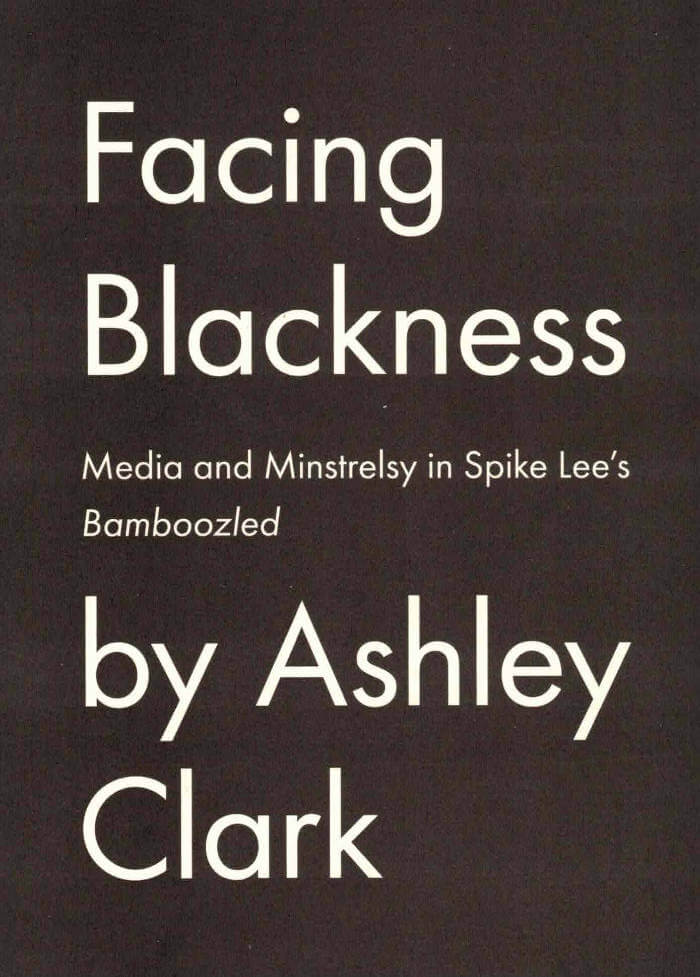
Fassbinder Thousands of Mirrors
A kaleidoscopic study of Rainer Werner Fassbinder.
Melodrama, biography, cold war thriller, drug memoir, essay in fragments, and mystery, Thousands of Mirrors is cult critic Ian Penman's long-awaited first full-length book: a kaleidoscopic study of Rainer Werner Fassbinder. Written over a short period "in the spirit" of RWF, who would often get films made in a matter of weeks or months, Thousands of Mirrors presents the filmmaker as Penman's equivalent of what Baudelaire was to Benjamin: an urban poet in the turbulent, seeds-sown, messy era just before everything changed. Beautifully written and extraordinarily compelling, echoing the fragmentary works of Roland Barthes and Emil Cioran, Eduardo Galeano and Alexander Kluge, this story has everything: sex, drugs, art, the city, cinema, and revolution.
Language: English







